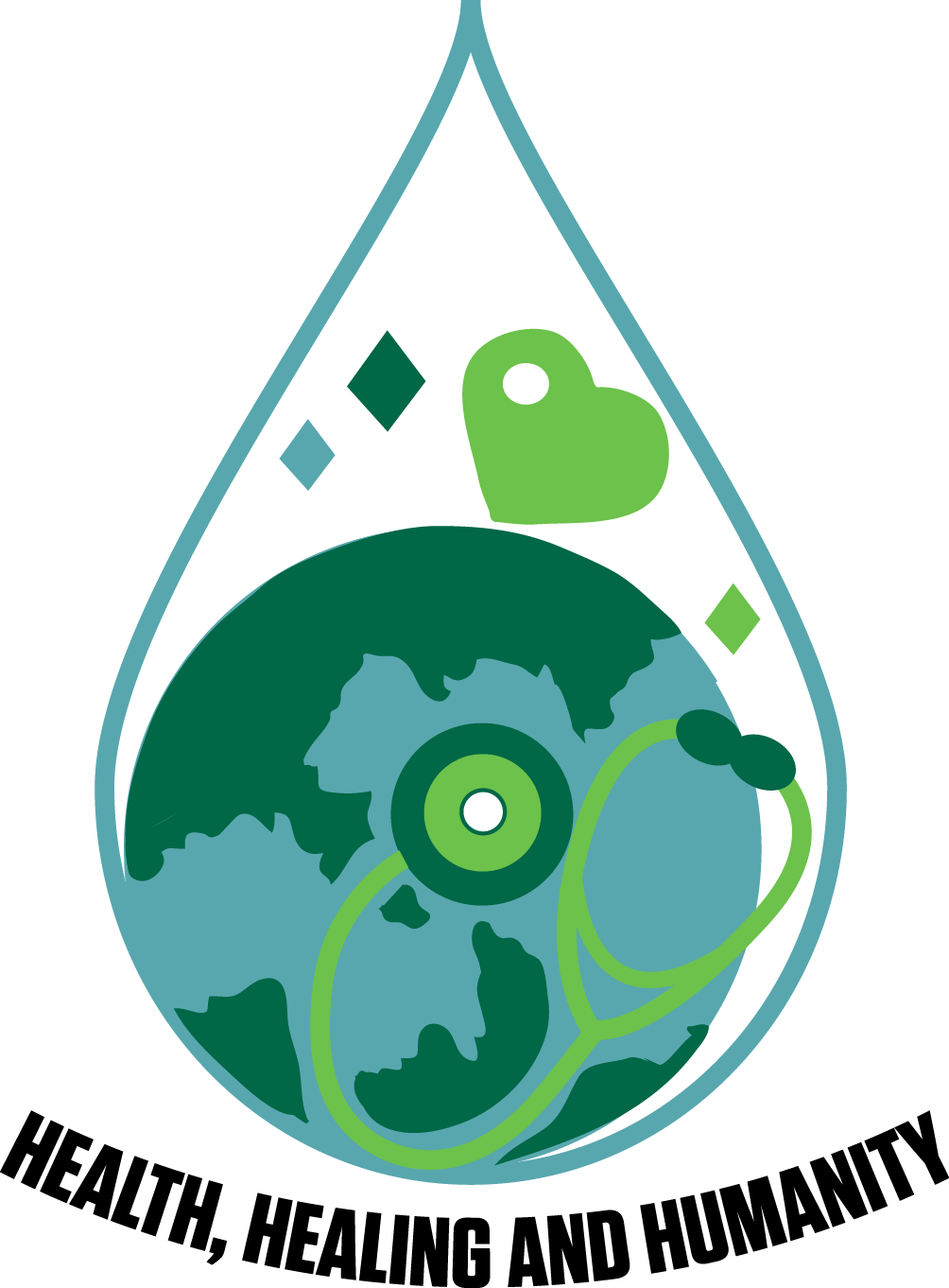Health, Healing, and Humanity
 The World Health Organization defines health as a state of complete physical, mental,
and social well-being and not merely the absence of disease. Health issues dominate
today’s headlines, everything from the spread of viruses worldwide (including COVID-19),
environmental concerns, physical health, mental health, healthy communities, and all
are intertwined with humanitarian considerations. Public health crises such as racism;
gun violence; the Flint, Michigan water crisis; and opioid abuse combine and compel
each of us to take a critical look at societal norms and values, organizational ethics,
leadership, political lobbying, and capitalism.
The World Health Organization defines health as a state of complete physical, mental,
and social well-being and not merely the absence of disease. Health issues dominate
today’s headlines, everything from the spread of viruses worldwide (including COVID-19),
environmental concerns, physical health, mental health, healthy communities, and all
are intertwined with humanitarian considerations. Public health crises such as racism;
gun violence; the Flint, Michigan water crisis; and opioid abuse combine and compel
each of us to take a critical look at societal norms and values, organizational ethics,
leadership, political lobbying, and capitalism.
College campuses are a microcosm of the larger world. Health issues facing today’s college-aged students include critical topics like depression/anxiety, learning disabilities, sexual assault, suicidality, vaping, and the legalization of marijuana. At the same time, scientific discoveries have sprung from collaboration between universities, industry, and governmental agencies, who help advance critical health initiatives and innovations, including vaccines and medical technologies.
We know that health is influenced by culture, gender, race, religious/spiritual beliefs and practices, socioeconomics, and the environment, including the zip code in which one lives. The social justice issues around health and health care are also pervasive including employment disparities during a pandemic, food deserts impacting nutrition in poor communities, the denial of basic health care at immigration detention centers, and the lack of affordable care. Music, arts, theatre, film and literature often influence the social critique of critical health topics as well as provide outlets for expressive healing.
Now, more than ever, leadership around health care requires critical examination. In a normal election year, health care is at the forefront of public debate, and this year, evaluating leaders’ crisis management and decision-making is consuming our attention. Leaders at all levels weigh “life” and “livelihood” in creating plans for managing resources, rekindling our economy, and protecting our communities. Community solidarity is challenged by individualism and security. In an already divided nation and world, what does healing look like with competing goals and values? What risks are we willing to take to ensure health and safety for all?
An exploration of health and health care illuminates an essential question of whether health care is a right or a privilege. Health care is a business and a common good; it is art and science; it is societal and personal; it is current and historical; it is physical, psychological, spiritual, and philosophical. We often describe healthcare providers as healers; however, health and healing are not the purview of a single discipline nor are they provided by a single profession. Health and healing for all humanity need creativity and interdisciplinary ideas and perspectives. How do we, as an intellectual community, respond to the myriad of triumphs and tragedies that are reflections of Health, the Healing, and Humanity? This year’s focus on health provides an opportunity to explore these and other topics within an interdisciplinary framework. Please use this form to add your event to the Health, Healing & Humanity event calendar.